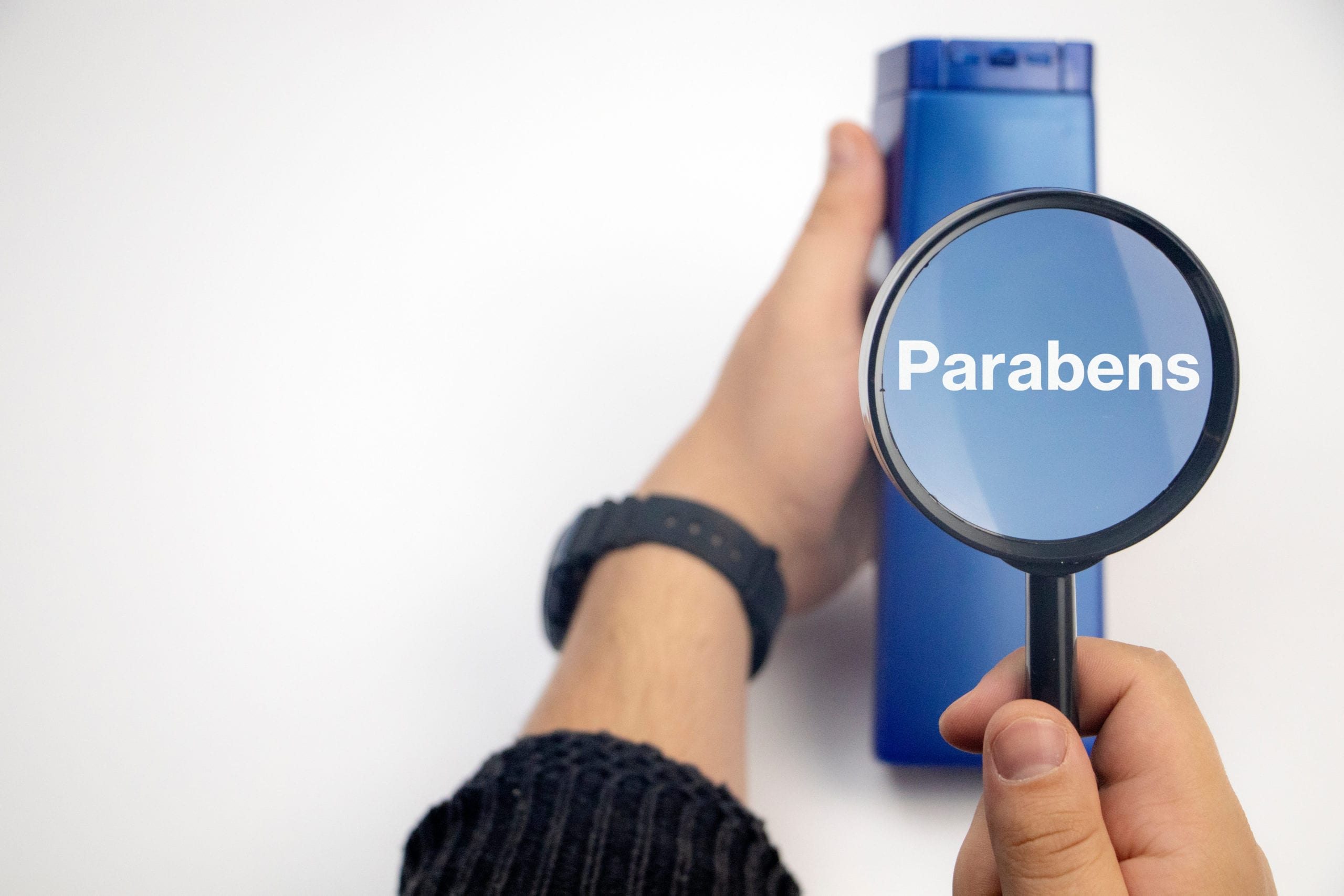Ahhh, shampooing. Not only is it a great, spa-like feeling, it provides a multitude of benefits for your hair health, not to mention – it’s kind of necessary. Not to scare you, but your hair accumulates a lot more dirt, debris and odors during the day, and it also gets a buildup of your skin’s natural oils.
Your shampooing frequency will likely depend on your hair type, scalp texture, oil accumulation and personal preference, but as long as you are doing it regularly you can keep your hair health safe. There are many types of different shampoos according to your hair’s condition, and there may be reasons you need to suds up more or less, but the average person sheds about 50-100 hairs per day and shampooing is the best way to healthily wash these dead proteins out.
Yes, your hair can be gorgeous, full, long, short, any color – but if you aren’t taking care of it, you aren’t doing your head much justice. Some people are perfectly happy not using a cleanser and don’t mind the oily buildup, but the population is small and this can lead to a very unhealthy scalp. All that gunky buildup can lead to hair thinning, hair loss and potentially scalp infection from a bacterial backlog. So, if we haven’t convinced you, you might want to put some effort into washing your hair.
And, yes, you can be committed to washing your hair, but another factor is considering the ingredients you are lathering your scalp with. Not all shampoo is the same and although there are different formulas for different hair types, there are also a bevy of ingredients you shouldn’t be applying to your precious follicles. While popular brands and convincing marketing may seem trusty, don’t second guess flipping the bottle to the back to examine the ingredients.
Here Are The Ingredients To Avoid In Shampoo:
- Sulfates:
If you’re a beauty/haircare enthusiast, you have likely heard of sulfites. These little monsters are basically chemical detergents – and that may not seem bad when you want to cleanse your hair, there is a serious warning here. A lot of brands flaunt the “sulfate-free” descriptor because sulfates are actually known to disrupt hormones, which can lead to a whole slew of health issues. Carcinogens? No thanks.
- Parabens:
Parabens can be considered the sister of sulfates in the beauty world. These nasty little chemicals have not only been known to trick your body into thinking they are hormones due to the composition, but they actually disturb your natural hormones. Worse yet? Parabens have been linked to cancer, particularly breast cancer.
- Fragrance:
Run. Run far if you see a generic word like “fragrance” on an ingredient list. Fragrance is a mask for pretty much any chemical under the sun that the manufacturer wants to include without getting specific. The FDA does not require a manufacturer to state what is in a so-called “fragrance” so who knows what the heck it is doing to your head, skin or body chemistry. It’s been rumored to be anything from formaldehyde to who knows what. The only caveat is if the fragrance states that it comes from essential oils. This typically means hypo-allergenic and not super harmful. So, while not all fragrances are bad, keep a clear eye out if you are chemically sensitive.
- Triclosan:
It’s been described as an antibacterial agent, which, when we wash our hair, we ARE trying to get rid of bacteria, however, it’s a chemically foreign substance to the body which can mean problems. Triclosan is also well known as a preservative and while you may want to stretch your shampoo for a while, is it worth the health effects? Triclosan can interrupt the immune system and lead to some unfavorable factors within the body.
- Polyethylene Glycol:
This has literally been described as a “developmental toxicant” by the state of California. To put it blankly, it can interrupt your biological development and has been linked to cancer. There are just too many good products on the market to gamble with a shampoo that contains this.
Summary
If you’ve gotten this far, you likely care about your hair and body health. Even if you don’t have a sensitive scalp, some of these ingredients can result in long-term damage to your wellbeing. Thankfully, the hair industry has come far in many years and there are a variety of products that are organically based and don’t contain these harmful ingredients. Be kind to yourself, before you pick up a new shampoo, or conditioner, examine the ingredients and steer clear of these mentioned. When you care for your hair and scalp, you are caring for your body and the environment.


